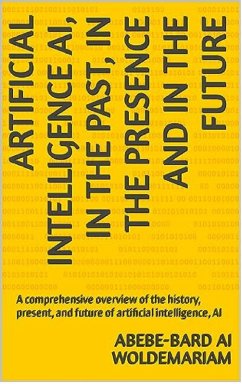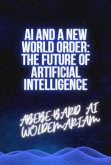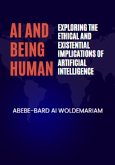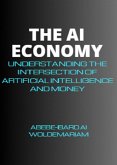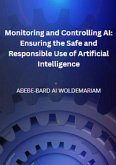The purpose of Artificial Intelligence (AI) has evolved over time. In the past, AI was primarily focused on developing machines that could mimic human intelligence. This led to the development of early AI systems that could play chess, solve logic puzzles, and translate languages.
Artificial Intelligence (AI) in the Past
The history of AI can be traced back to the ancient Greeks, who were fascinated by the idea of creating intelligent machines. However, it wasn't until the 20th century that AI began to take serious shape. In 1956, a group of scientists at Dartmouth College held a summer workshop to discuss the possibility of creating artificial intelligence. This workshop is considered to be the birth of modern AI.
In the early years of AI research, scientists focused on developing expert systems. Expert systems are computer programs that are designed to solve problems in a specific domain, such as medicine or engineering. Expert systems were able to achieve some early successes, but they were limited by their inability to learn and adapt to new information.
In the 1980s, AI research began to shift towards machine learning. Machine learning algorithms allow computers to learn from data without being explicitly programmed. This led to the development of new AI systems that were able to solve problems that were previously intractable.
Artificial Intelligence in the Present
Today, AI is being used in a wide range of applications, including:
Self-driving cars: AI systems are used to power the self-driving features in many modern cars.
Medical diagnosis: AI systems are being used to help doctors diagnose diseases more accurately and efficiently.
Fraud detection: AI systems are used to detect fraudulent transactions in real time.
Natural language processing: AI systems are used to power voice assistants, translation tools, and other natural language processing applications.
Product recommendations: AI systems are used to recommend products to customers based on their past purchases and browsing behavior.
Artificial Intelligence in the Future
AI is still in its early stages of development, but it has the potential to revolutionize many aspects of our lives. In the future, AI is likely to be used in even more applications, such as:
Personalized education: AI systems can be used to tailor educational experiences to the individual needs of each student.
Climate change mitigation: AI systems can be used to develop new technologies for reducing greenhouse gas emissions and adapting to the effects of climate change.
Space exploration: AI systems can be used to develop robots and spacecraft that can explore the solar system and beyond.
However, there are also some potential risks associated with AI, such as the possibility of job displacement and the misuse of AI for malicious purposes. It is important to develop AI responsibly and ethically to ensure that it is used for the benefit of humanity.
Dieser Download kann aus rechtlichen Gründen nur mit Rechnungsadresse in A, B, CY, CZ, D, DK, EW, E, FIN, F, GR, H, IRL, I, LT, L, LR, M, NL, PL, P, R, S, SLO, SK ausgeliefert werden.

